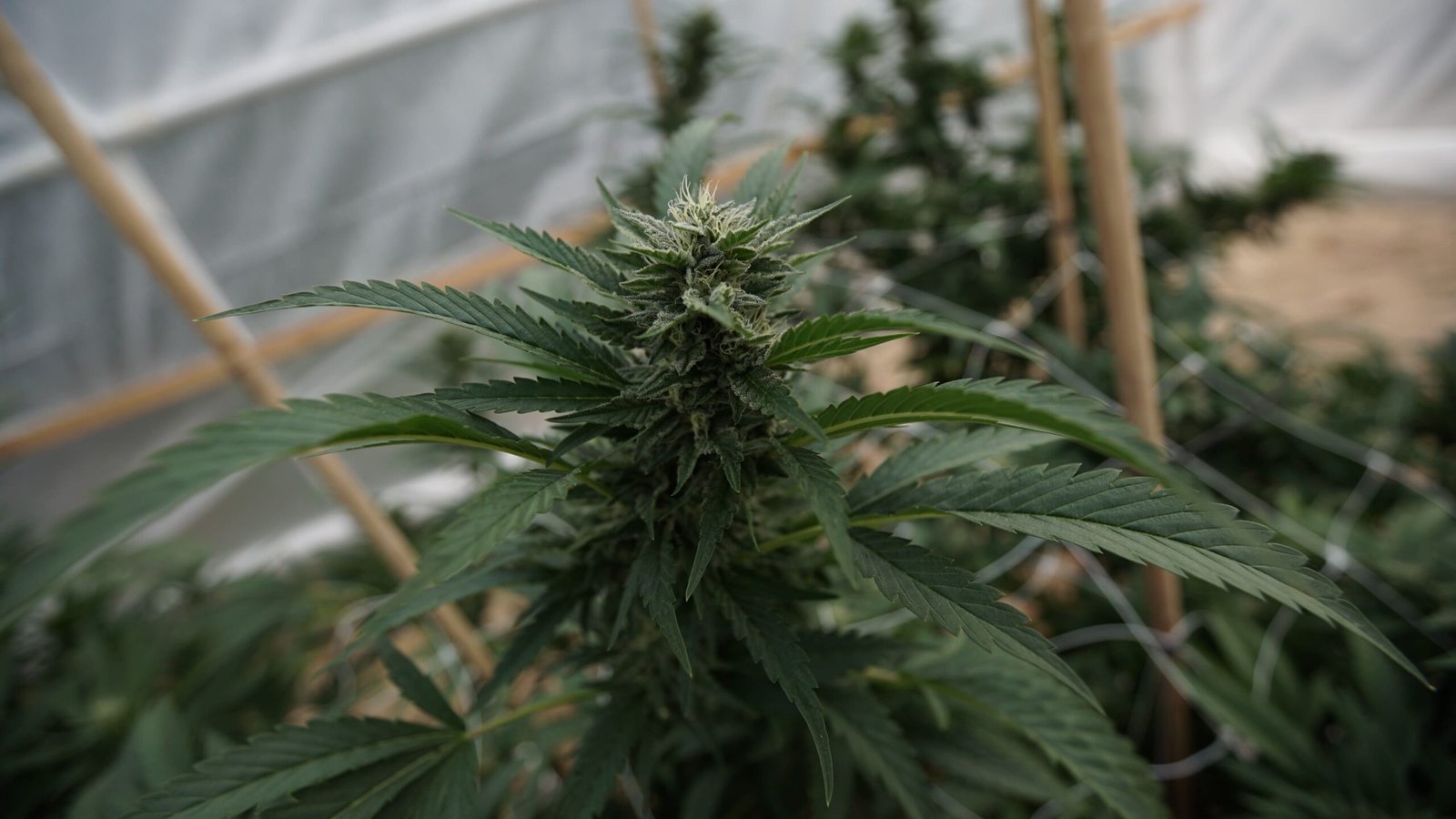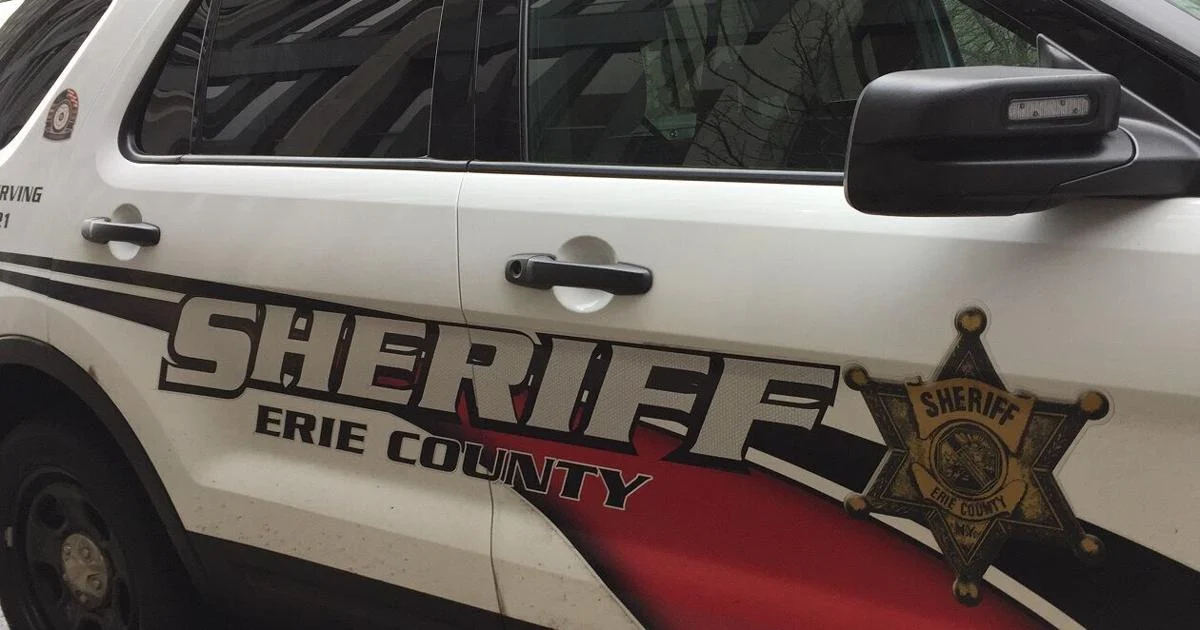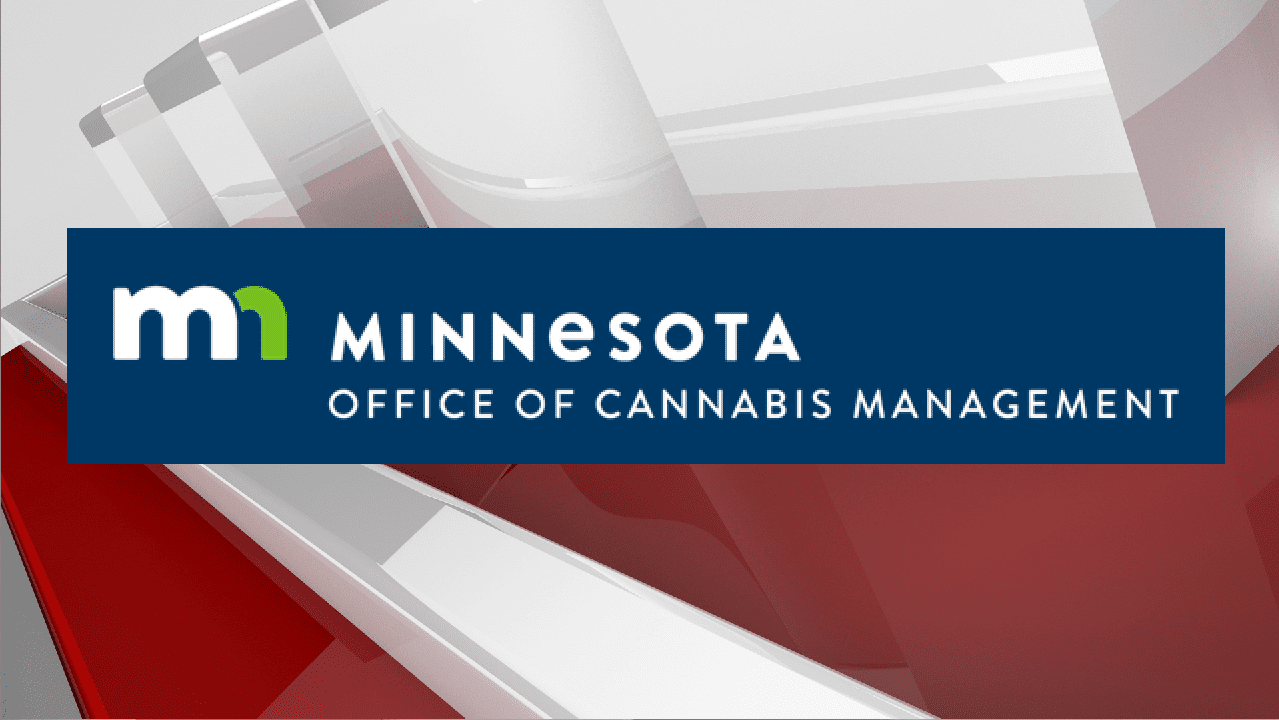The recent report from the White House Office of National Drug Control Policy has notably excluded any reference to the rescheduling of marijuana or other cannabis reforms. This report outlines the drug policy priorities of the Trump administration but fails to address the ongoing discussions surrounding cannabis legalization and its implications.
In a related effort, the Department of Veterans Affairs is looking for contractors to analyze scientific evidence regarding medical marijuana. This includes evaluating the potential benefits of cannabis for conditions like PTSD and understanding the risks associated with cannabis use disorder.
Additionally, the House Oversight and Government Reform Committee is set to hear testimony from the U.S. Hemp Roundtable. The hearing will focus on the Food and Drug Administration’s shortcomings in approving products and enforcing regulations, which has led to an influx of illegal and counterfeit products in the market.
On another front, Representatives Lou Correa (D-CA) and Jack Bergman (R-MI) have introduced legislation to allocate $30 million for psychedelics-focused “centers for excellence” within the Department of Veterans Affairs. These centers would provide veterans with treatment options that involve substances like psilocybin, MDMA, and ibogaine.
In Florida, the House Health Professions and Programs Subcommittee has approved a bill that would eliminate the medical cannabis patient registration fee for military veterans. The proposed legislation also aims to extend the renewal period for patient cards from one year to two years, making access to medical cannabis easier for veterans.
Delaware lawmakers are addressing a dispute related to fingerprint background checks with the Federal Bureau of Investigation, which has delayed the launch of the state’s recreational cannabis market. Meanwhile, in Hawaii, the House Finance Committee has unanimously approved a bill to support clinical research on psychedelic-assisted therapies, including substances like psilocybin and MDMA.
In New York, the Office of Cannabis Management has initiated a mandatory workforce training program for marijuana industry employees. This program aims to provide comprehensive safety education for those working in the expanding cannabis sector.
Interestingly, a video game titled “Schedule I,” which simulates illegal drug selling, has become the top-selling game on Steam. The title refers to the federal classification of marijuana as a substance deemed to have “no currently accepted medical use and a high potential for abuse.”
Lastly, the Nebraska legislature’s General Affairs Committee is currently debating which medical cannabis qualifying conditions should be allowed under voter-approved legalization initiatives. A recent study from Canada indicated that after legalization, marijuana use rates did not significantly increase in terms of frequency, accessibility, or age of first use.




